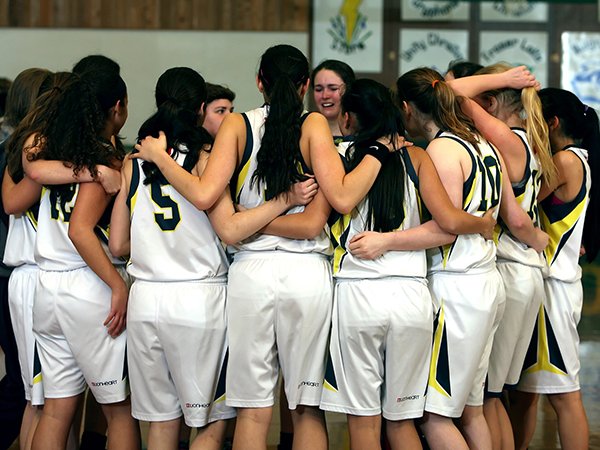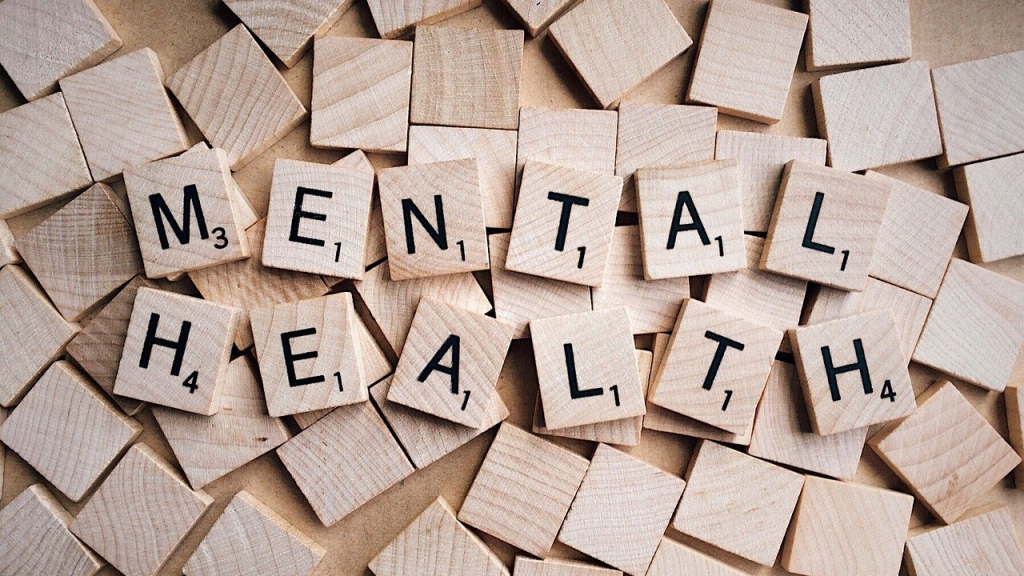IIFX’s most recent summit focused on the return of K-12 sports and after-school activities. A panel of academic, athletic, legal, law enforcement, risk management, and technology experts gave IIFX subscribers insights into that process. Mental health was a consistent theme.
When schools shut down in March 2020, sports teams and after-school activities ceased too. Their absence created a void in young people’s lives and highlighted a need for community. That loss of regular, face-to-face interaction placed a strain on physical and mental health.
Cleveland (Ohio) Municipal Schools police captain Lamont Dodson said that staying connected with students was “the first and most important” issue, along with keeping them “as active as possible.”
Larry Johnson echoed those concerns: “Our worries were to take care of our kids and make sure they were alright.” Johnson is the assistant superintendent of schools and former director of public safety for Grand Rapids (Mich.) Public Schools.
Building Partnerships
Nancy Beatty, Providence Day School (N.C.) athletic director, said resilience and communication were key during the shutdown. The issues students faced showed her how important self-care is, and she says the school will prioritize it moving forward.
Beatty says her department will aim to empower coaches to build trust with students and to partner with parents and counselors. She calls these partnerships a “silver lining” that could improve students’ well-being.
Jennifer Serran, a risk management specialist for Folsom (Calif.) Unified School District, echoes Beatty’s sentiment.
“I didn’t know who my public health officer for my county was before this, I’ll admit it. Now I know her on a first name basis,” she said. “They want to become more involved in the mental health of our students.”

Serran also raises the important issue of mandatory reporter training.
“Sports are so interactive, and they’re so good for mental health,” she says.
Therefore, schools must prepare coaches to deal with concerns players share with them, particularly after such a difficult year.
Debbie Grace, a school psychologist in Wyoming, agrees.
“We’re looking at six to eight months of kids not having their needs met,” she says, noting that teachers and coaches often file abuse and neglect reports.
Robby Ball, educational support services, safety, and security coordinator for the Hurst-Euless Bedford (Tex.) Independent School District, says that sports provide a confidential outlet for youth. Thus, he says, face-to-face interaction is important – and now more than ever.
Returning to Normal
Dr. Til Jolly, chair of IIFX’s medical advisory board and chief medical officer of Aveshka, Inc., notes that mental health problems often start in youth. So, getting children back to sports and other school-related activities can provide a healthy outlet to potentially prevent those issues.

Jolly also says it’s important to remember the needs of those who care for students.
One of those who helps care for students is professional counselor Glenzetta Hall. She says a major takeaway from this past year is “reminding those with money that mental health is important.”
In some places, pre-existing programs can help address those issues.
In Texas, for instance, all coaches are certified teachers, and teachers must follow a curriculum that includes character development. Katy Independent School District assistant athletic director Lance Carter says this training is even more of a focus post-pandemic.
He adds that the district has developed student-athlete leadership training programs. The programs aim to help athletes and teams more effectively and positively reconnect.
The community and communication that sports teams bring can truly help mental health issues. However, those benefits don’t just come from sports, either.
“We can’t just be solely focused on athletics because our student population is wide and varied,” notes A3 Communications school safety advocate Kevin Wren.
Extracurricular activities can already boost mental health thanks to the camaraderie they provide. Now, with a proactive focus on mental health, the return of such activities can help students rebound from the struggles of the past year.
IIFX is helping schools and organizations return to normal with our Return to Work, Play, and Spectate guide. Subscribe for more expert guidance, tips, and networking opportunities.
This article first appeared in our biweekly newsletter, the IIFXtra. Sign up here to get the latest from IIFX delivered straight to your inbox.
[mailmunch-form id=”1036259″]

